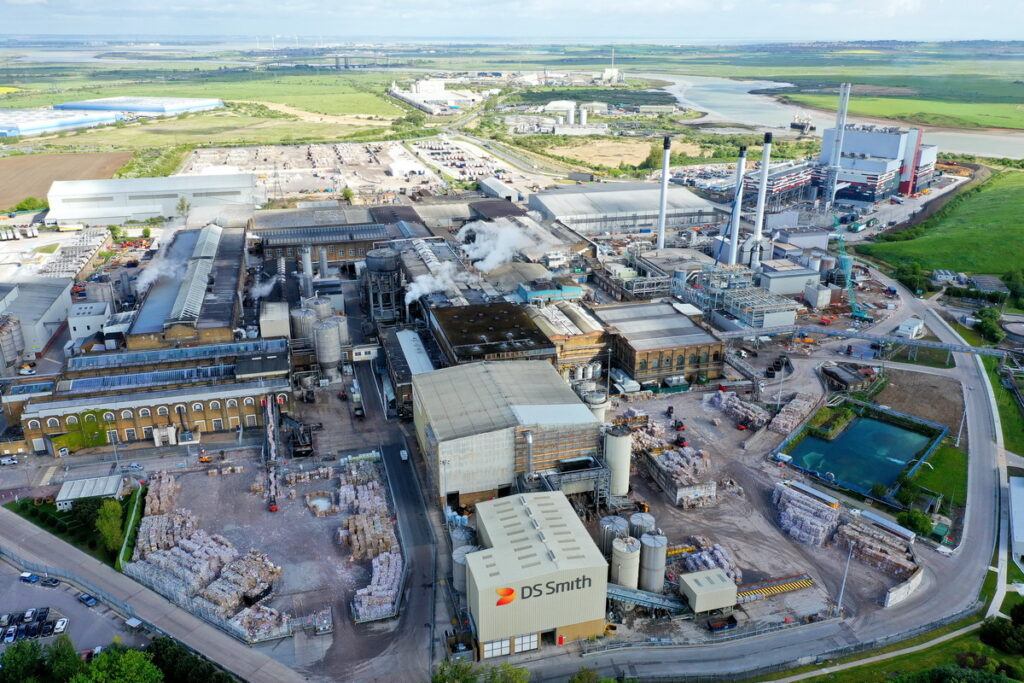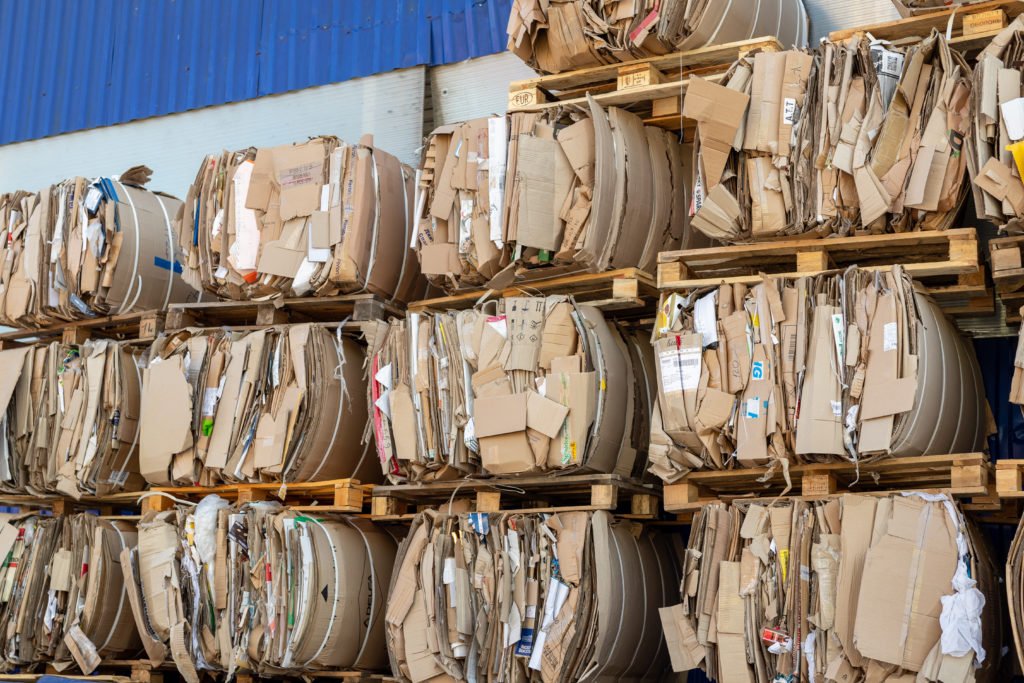A reduction today (August 11) in the mill price paid by St Regis, which owns the Severnside Recycling company, has caused astonishment and drawn sharp words from some merchants.
The price for old-KLS has tumbled in past months with the industry partly blaming the falling value of the PRN – packaging waste recovery note – which at a value now of about 3-5 no longer supports the price paid for the secondary material.
St Regis is cutting the price it pays for old-KLS to 30 and one senior UK merchant described this as “catastrophic and effectively the lowest listed UK mill price ever”.
The situation for old-KLS contrasts with that for used newspapers which offers some grounds for optimism. In America, stronger performances are being seen for the price of new newsprint and for imported newsprint in the Far East. The improving situation in the US for newsprint prices was highlighted in recent results from Abitibi Consolidated, the parent company of the UK’s Bridgewater newsprint mill and collector Cheshire Recycling.
The reason for the fall in price paid by St Regis is that the company's order books are believed to be reduced and, according to one expert, “we are now seeing give away prices for finished product on the continent.”
Stocks
Other mill companies, such as Smurfit and BPB are expected to continue paying a higher rate of about 35 for old-KLS but are expected to review their prices. Decisions will be influenced by the level of stocks held by the mills and they will also be looking ahead. While August is a quiet time for the paper industry, it is expected that by the second weekend of September some mills will need to ensure that they have adequate supplies for any upturn in demand especially because arisings at present are reduced. Accordingly, while the bulk of material may end up being sold in the UK for the lower price, a few premiums may be obtainable.
The impact of price reductions will be felt not only by UK recovered paper merchants, but also by the industrial and commercial sector.
A typical industry charge can be up to 35 to collect and bale cardboard although this level of charges is not always levied. But, merchants often find it hard to levy a high charge on small premises and so larger businesses have to bear the brunt of the charge, which could now reach the 60-70 level per tonne some experts were predicting.
One merchant said: “We will be under real money pressure to increase charges. A price of 45 per tonne from the mill is tight but sustainable, but below that you are into loss-making territory. You can’t even recover that from charges.”
A paper sector expert told letsrecycle.com: “Businesses tend to think that segregating their waste means it must have a value. It is the Devil’s own game to persuade the industrial and commercial sector that the value has gone out of the material, even if only temporarily.”
PRNs
Others in the industry claimed the price reductions were an attempt by the St Regis mill group to focus attention on the reduced value of PRNs. One view was that: “Through Severnside, St Regis has access to material directly. They have a lot of Front End Loaders on the road and have a lot of customers.”
One factor which may help the UK merchant sector is that overseas demand for old-KLS and mixed paper is generally good although orders from France have diminished. Prices of 43-45 can be achieved, along with receiving a low-value PRN.
The main interest remains from India and the Far East and so merchants with orders and the ability to load containers will find the overseas market an important safety valve for their material.










Subscribe for free